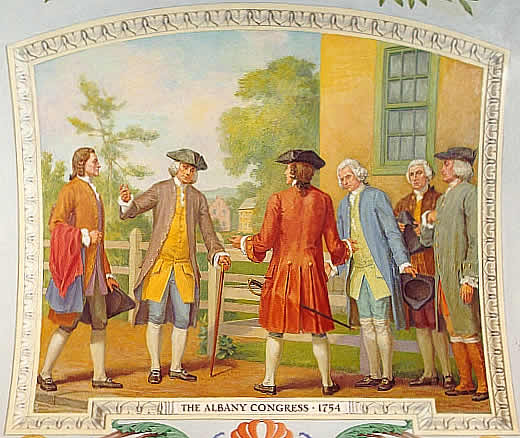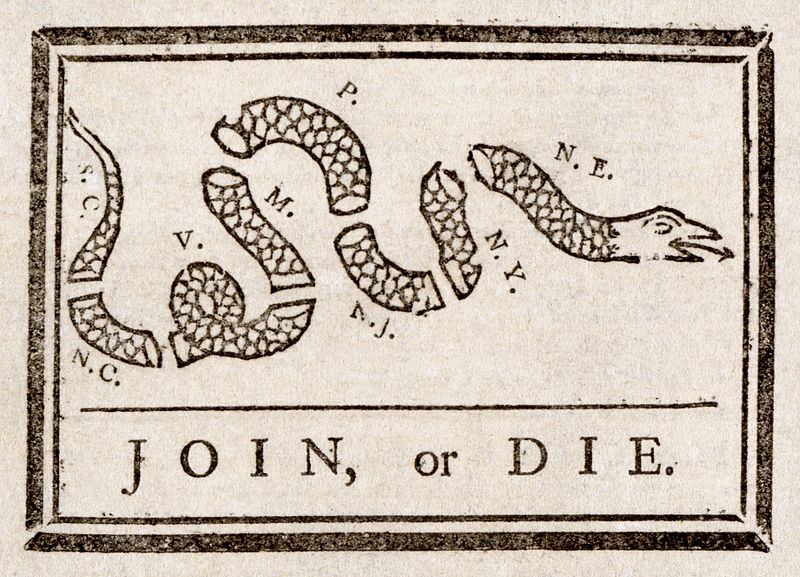Preparing for War
The Albany Congress, which is also known as the Albany Conference, took place in New York on June 19 to July 11, 1754. It was a summit attended by representatives from seven of the thirteen British colonies in North America at that time. The seven British North American colonies that joined the gathering were Connecticut, Rhode Island, New York, Maryland, Massachusetts, Pennsylvania and New Hampshire. Officials thought that the war between the French and the North Americans was about to happen, and so they prepared with their defense.
They hoped to improve their relationship with the Indian tribes during their meetings. They aspired to come up with a treaty with the Mohawks. Participants in the Albany Congress saw themselves as colonists rather than American nation draftsmen. The conference was initially organized by the English Board of Trade and was focused more on the weakening colonial resistance during the start of the Seven Years’ War.
The Iroquois
The discussions of participants during the Albany Congress revolved more around two issues: the Iroquois and the Albany Plan of Union. The Iroquois were also known as the Six Nations which by tradition had a stronger relationship with the French than the British. But during the 1740s, trade between the British and the tribes in the Ohio Valley began. At first, the Iroquois did not really want to take sides between the French and the British empires, which were still at war, because they wanted to take the side of whoever won the war. Yet in the end, with the forming of the Albany Congress, the Iroquois took the British side in exchange for supplies and weapons.
Franklin & Hutchinson
The Albany Plan of Union was headed by Benjamin Franklin and Thomas Hutchinson. The duo drafted a proposal which focused on the unification of colonies for the budding war with France. The Plan of Union proposed that the government should create new levels. A president-general is the first level in the proposition. The president-general was expected to function as someone who had power on the relations with the natives, creating war and administering over boundaries until establishment of new colonies.
Another thing that the duo proposed was the organization of a grand council. The members of the grand council would be chosen according to their financial contribution through taxes that were paid for the organization. Also, delegates of the grand council would be elected every three years and were expected to meet every year.
Delayed
The Albany Plan of Union by the Albany Congress never pushed through because not all colonies supported the draft proposal, mainly because they didn’t have enough trust in each other. Another reason the plan did not push through was that it never got presented to the Parliament for authorization. It was not submitted because the ministry was afraid that having such a plan of creating an intercolonial legislative body will lead to American resistance from imperial influence. So instead, the Board of Trade located in London drafted a proposal to form a colonial council which would be composed of a delegate from each colony.

